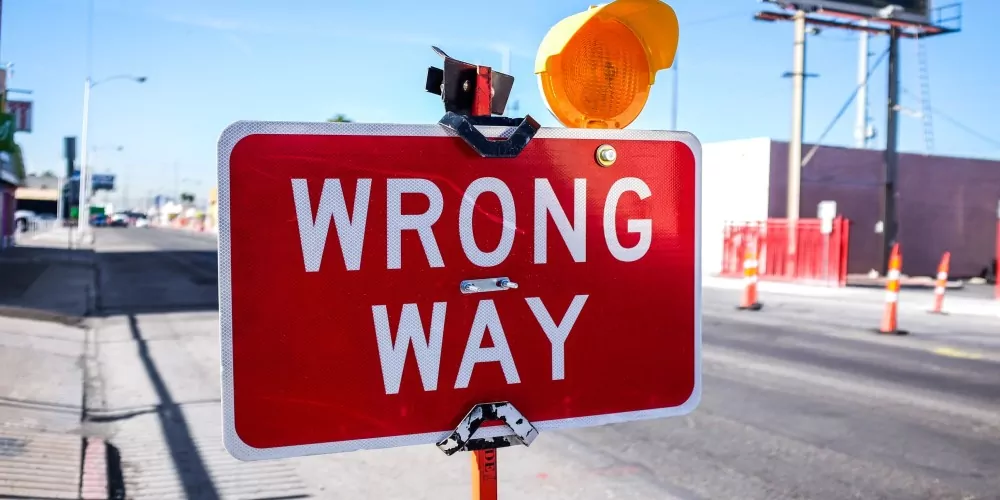Don’t make these 4 money mistakes

The way we manage our money is not a usual conversation topic.
The silence surrounding this matter only aggravates a widespread problem that can be very costly: the lack of knowledge and interest in personal finance. Next, we review some of the most common mistakes when it comes to managing money. Are you guilty of any of them?
1. Lacking financial goals
One of the biggest financial mistakes you can make is not having objectives. Setting specific and realistic goals is key to achieving good financial health, but the effects of proper planning go beyond what you can see in your bank account.
Whether it’s saving to launch your own business, take a trip or pay off debt, having financial goals is an exercise that will help you plan your short- and long-term future, and act pragmatically to take charge of your life. One of the side effects of financial planning is that you will learn a lot, about money and about yourself. Laying your books on the table will help you distinguish between your wants and needs, see what companies and business models you’re supporting, and become more conscious about your habits and lifestyle. Would it pay to cook more and cut back on delivery? How long will it take you to save enough to afford the car you like?
Personal money management has remarkable consequences on your well-being, and achieving goals will motivate you to keep improving your quality of life.
2. Thinking that investing is not for you
You can’t imagine how much your future self will thank you for having started investing early. Every investment carries some degree of risk, but you can make your money work for you and protect yourself from inflation with stock market investments.
Diversification and long-term vision are your best tools for implementing a successful investment strategy. Bear in mind that, for nearly the past century, the average stock market return has been 10% per year.
The world of investing remains a big mystery to many average savers, but mobile platforms like HeyTrade are simplifying access to the financial markets with transparent messaging, competitive fees and intuitive usability.
3. Not having a savings buffer
No matter how hard we try to plan, life happens. That’s why having a stash of emergency savings can help you live with more peace of mind and stick to your savings goals, even after facing an unexpected expense.
Emergency savings are especially relevant for those who are self-employed, those who own property (an unexpected incident affecting the electrical system or plumbing can mean months of costly repairs), and those who are in significant debt.
Typically, an emergency buffer will allow you to cover three to six months’ of living expenses, although in some cases you may want to save the equivalent of an entire year’s worth of spending. According to The Balance, your emergency savings should cover:
– From 3 to 4 months of expenses: if you have no health problems, live on a rental, have no children or dependents, you have job stability.
– About 6 months of expenses: if you live in an expensive area, own a property, have children, your job is somewhat unstable.
– 12 months of expenses: if you have a high standard of living, you have retired (or are about to do so), your job may require you to move to another area or country, several people depend only on you.
These suggestions are not an exact formula and each case should be studied carefully. However, they do give us a broad idea of what could work for us.
4. Not reading the fine print
This title is self-explanatory, but certainly we have all made this mistake at some point. Unfortunately, cases of people who have entered a contract without being aware of what they were agreeing to are not unusual. Haste, the excitement over a new project or desperation can push us to sign unfavorable conditions with our eyes closed, leaving us to literally pay the price of a bad decision for years to come.
When in doubt, ask. Always. In the financial services industry, customers must demand maximum transparency. They are the ones who can bring about change and put an end to shady practices. Besides, reading the fine print sometimes pays off!
LEGAL NOTE
The information contained in this article is for informational purposes only and should, never, be considered as investment advice or recommendation. The recipient of this information must make his or her own financial decisions weighing the risks of his or her investments.



